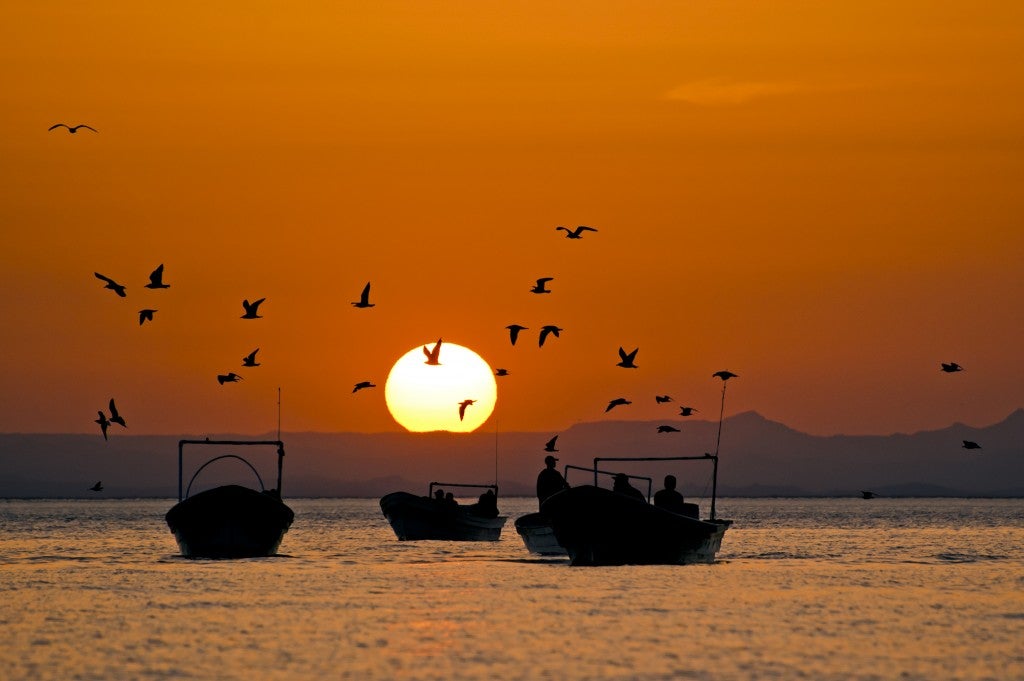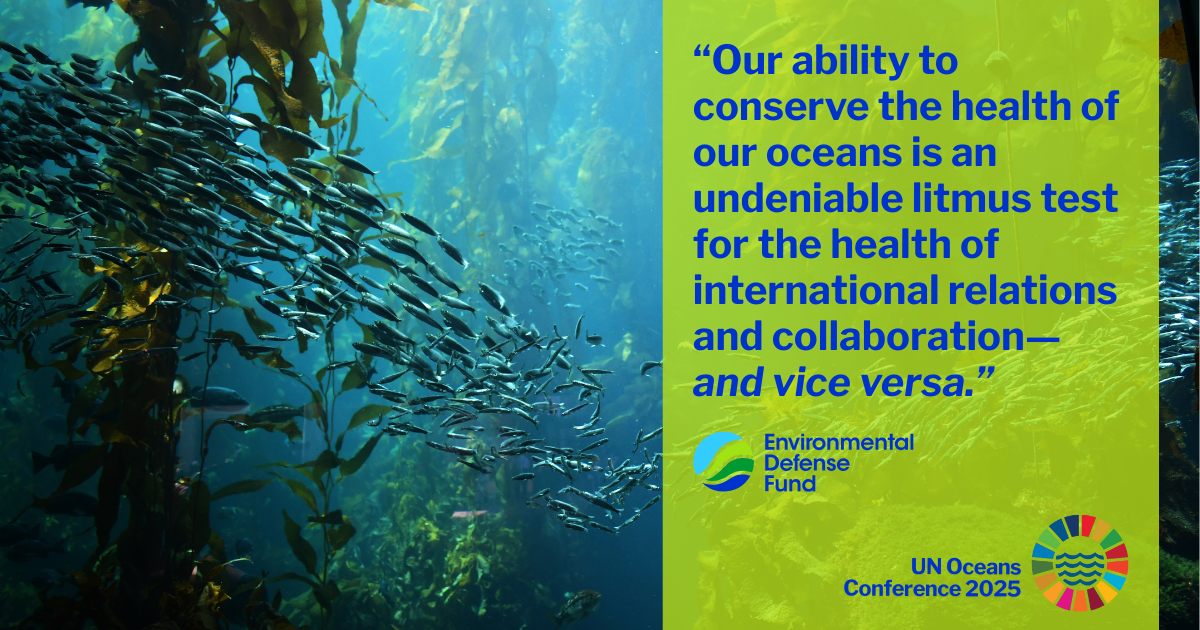Mexico is making strides to improve fisheries management and conservation

2015 looks to be the year Mexico takes significant action to improve the sustainability of its fisheries.
Mexico is the world’s 16th largest fishing nation and one of the globe’s richest in marine biodiversity. The productive waters of both of Mexico’s coastlines teem with a wide array of species that sustain commercially important fisheries. These include hundreds of commercially valuable species of finfish, clams, squid, sardines, and tuna that share the waters of the Pacific, Gulf of Mexico and Caribbean with wildlife such as whales, dolphins, seabirds, and turtles.
This year, Mexico’s Federal Fisheries Commission (CONAPESCA) and Federal Fisheries Institute (INAPESCA), are working together with fishing communities and state authorities to implement stronger measures to protect marine biodiversity and ensure sustainable fishing livelihoods.
More than 250,000 families directly depend on fisheries in Mexico. The present administration has embarked on a series of economic reforms designed to improve the country’s competitiveness, and recent efforts by CONAPESCA and INAPESCA aim to specifically modernize Mexico’s fisheries, and bring value to a key sector that not only provides employment but also is a key source of protein for the country. By putting in place more effective management tools, increasing scientific research, clamping down on illegal fishing and focusing on raising the value of Mexico’s fisheries, EDF is confident that the government agencies will build a firm foundation for Mexico’s fishing future.
Since 2008, EDF has been involved in promoting sustainable fisheries in Mexico and has helped develop successful programs in the Gulf of California, particularly with the curvina (Cynoscion othonopterus) fishery in the Upper Gulf region. EDF works with state and federal authorities as well as local fishermen and other conservation organizations to ensure that the livelihoods of fishing communities and the ecosystem both come out ahead.
2015 marks the fourth season that the curvina fishery is under improved management. In 2012, after the Mexican fishing authorities established a Total Allowable Catch for the curvina fishery, EDF worked with fishermen, managers, local partners and federal and state authorities to design and implement a catch shares management system. Since then, significant economic benefits have resulted for the thousands of people depending directly on this fishery. Fishermen are now able to work less and to catch more per trip, which means lower costs and higher revenues. The local fishing communities, local buyers, and even a group of local women who have turned into seafood entrepreneurs, have witnessed the economic and social benefits of this management method. Further, the curvina catch shares initiative has helped fishing communities work together and to fully understand the benefits of this form of management.
This year the Mexican Government also renewed its strong commitment to protect the critically endangered vaquita (Phocoena sinus), the world’s smallest porpoise, whose population is estimated at fewer than 100 individuals. Just last week Mexico deployed an unprecedented combination of gear restrictions and an intensive and ambitious surveillance program in the Upper Gulf of California through the joint participation of multiple government agencies. These efforts demonstrate a strong desire to protect the native vaquita and other imperiled species.
Mexico is also pushing hard to achieve sustainability for its tuna fisheries in the Eastern Tropical Pacific. The Pacific Alliance for Sustainable Tuna (PAST), a group of the largest yellowfin and skipjack fishing companies, operates under standards established by the Inter-American Tropical Tuna Commission (IATTC). PAST has worked to transform management of tuna fisheries with the aim of improving sustainability. As many readers may know, last week a World Trade Organization panel resolved that the way the United States determines which tuna is “dolphin-safe” discriminates against Mexican canned tuna, in part because of the strict standards required for Mexican vessels and those of other nations concerning avoiding harm to dolphins. While it remains unclear how the WTO’s ruling might be implemented or what the outcome of any appeal by the United States may be, an upcoming assessment by the Marine Stewardship Council (MSC) that PAST has requested should provide an independent, objective evaluation of the fishery and the bycatch improvements the fleet has made, as well as make recommendations for any necessary improvements in the fishery.
EDF will continue to work actively in Mexico, offering expertise in support of the sustainable management of fisheries and the economic development of the country’s fishing communities. We look forward to building on the foundation of our partnerships with fishery stakeholders and agencies in the Gulf of California and beyond to help Mexico fisheries reach their greatest biological and economic potential.












